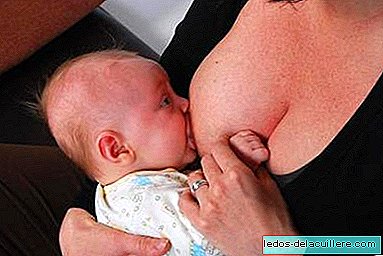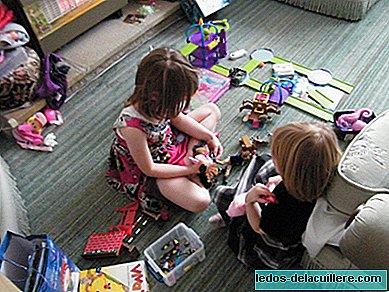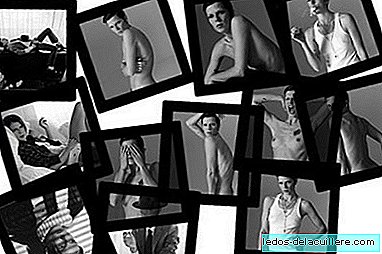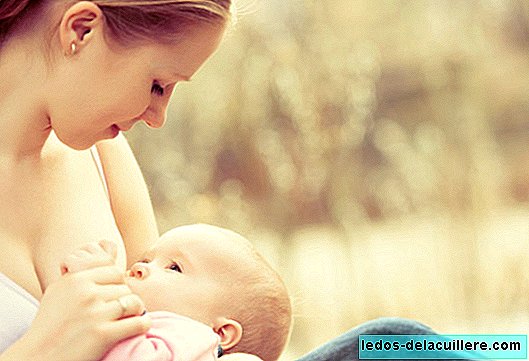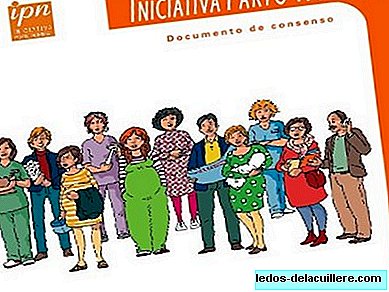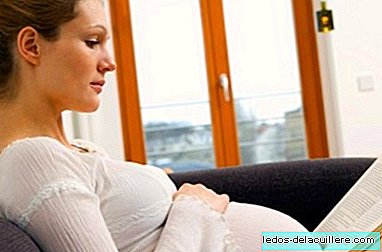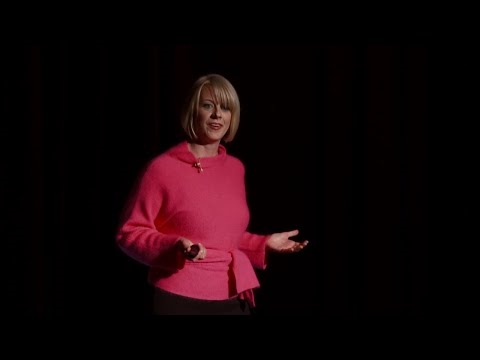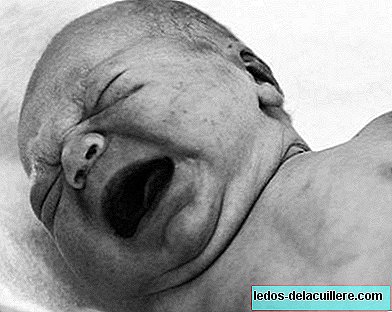
The first cry of the newborn It is the form of expression used to be released in life, although not all babies cry at the time of delivery.
Perhaps the first cry is simply a reflex produced by the strong vibration of the vocal cords upon receiving the first air expelled by the lungs as they begin to breathe on their own.
But it is most likely due to the stress the baby suffers at birth. To the great change that he experiences when moving from a safe, tenuous and warm environment such as the maternal uterus to another unknown, with a much lower temperature, and in which he is often separated from the mother. As soon as the baby is placed skin to skin with his mother, he stops crying when he feels protected again.
Theories about the first cry of the newborn
The first cry of the newborn is such a momentous event in the life of the human being that led philosophers and psychologists to raise some hypotheses about its origin.
Adler postulated a theory about the existence of an integral dynamic force, in the so-called "Aggressive impulse", which is already externalized in the first cry of the newborn and in the motor manifestations of the child (hitting, struggling, biting ...).
On the other hand, Otto Rank, Austrian psychoanalyst, defined the baby's first cry as "birth trauma" due to "the loss of the earthly paradise represented by the maternal cloister".
Spanking the newborn
Sometimes you get the wrong feeling that the delivery has not concluded if the child has not cried, but not all babies do Despite being perfectly healthy. In the past, if the baby did not cry, he would be spanked, hit on the back, hung on his feet, or pinched. The birth was considered to have been successfully completed only when the baby's first cry was heard. Fortunately, these practices are no longer performed.
When the child does not cry immediately, it does not mean that he was not born healthy. Some babies are exhausted by childbirth, but if it has good color, it breathes well and moves, there is no reason to be alarmed.
Most of the time the baby's first breath begins spontaneously followed by crying. If this is not the case, the doctors attending the delivery will do what is necessary to stimulate the first breath, but in no case will they be spanked.
Not all children start the first breath accompanied by crying, only a soft gasp occurs that indicates that the air has penetrated their lungs for the first time.

Benefits of the first cry in the baby and in the mother
The baby's first cry has beneficial physiological effects on both him and his mother. It helps to stimulate the voluntary breathing of the newborn and to eliminate the amniotic fluid and mucus that it has in the mouth, in the nose and in the respiratory passages.
At the same time, it has important psychological and hormonal effects on the mother. Upon hearing the first cry of her son, the mother feels great joy at hearing him for the first time, the tranquility that the delivery has gone well and the emotion of the goal accomplished.
In addition, the crying of the child causes the mother to begin to secrete hormones that stimulate the production and lowering of milk.
In conclusion, the first cry of the newborn It is the response to the sudden change in the environment that the child experiences when passing from the mother's womb to the external environment, when starting pulmonary respiration and when changing the umbilical blood circulation by the corporeal circulation.
Photos | Big D2112 and abrilovesparza on Flickr In Babies and more | Baby's first breath



